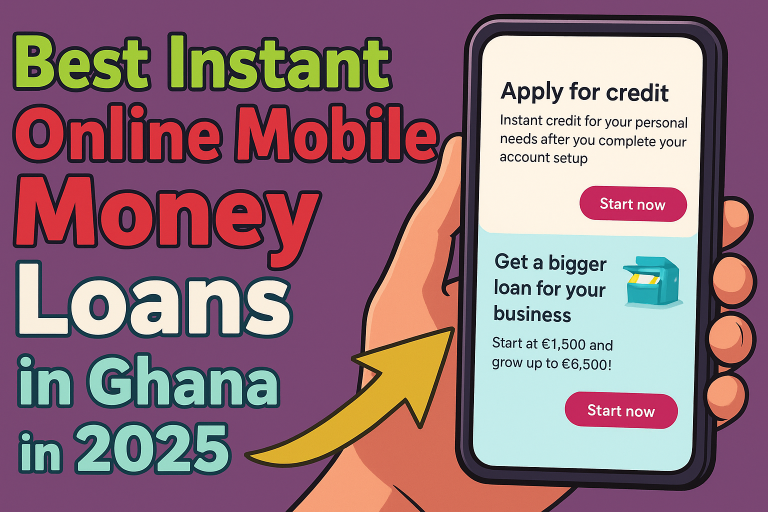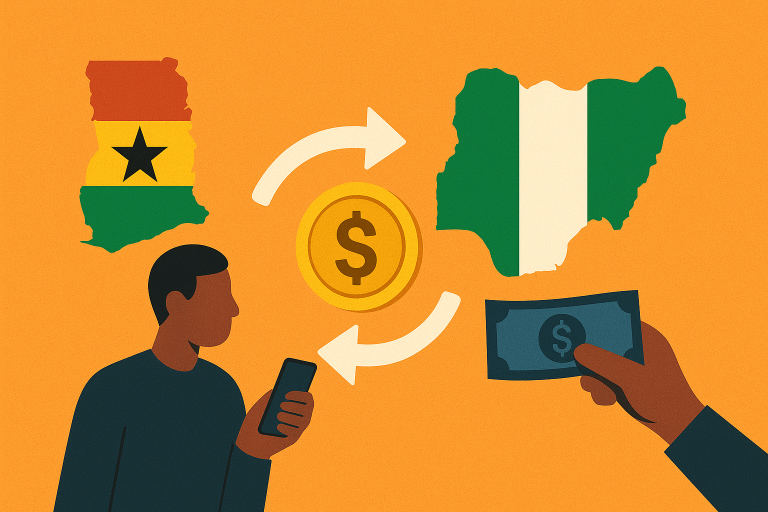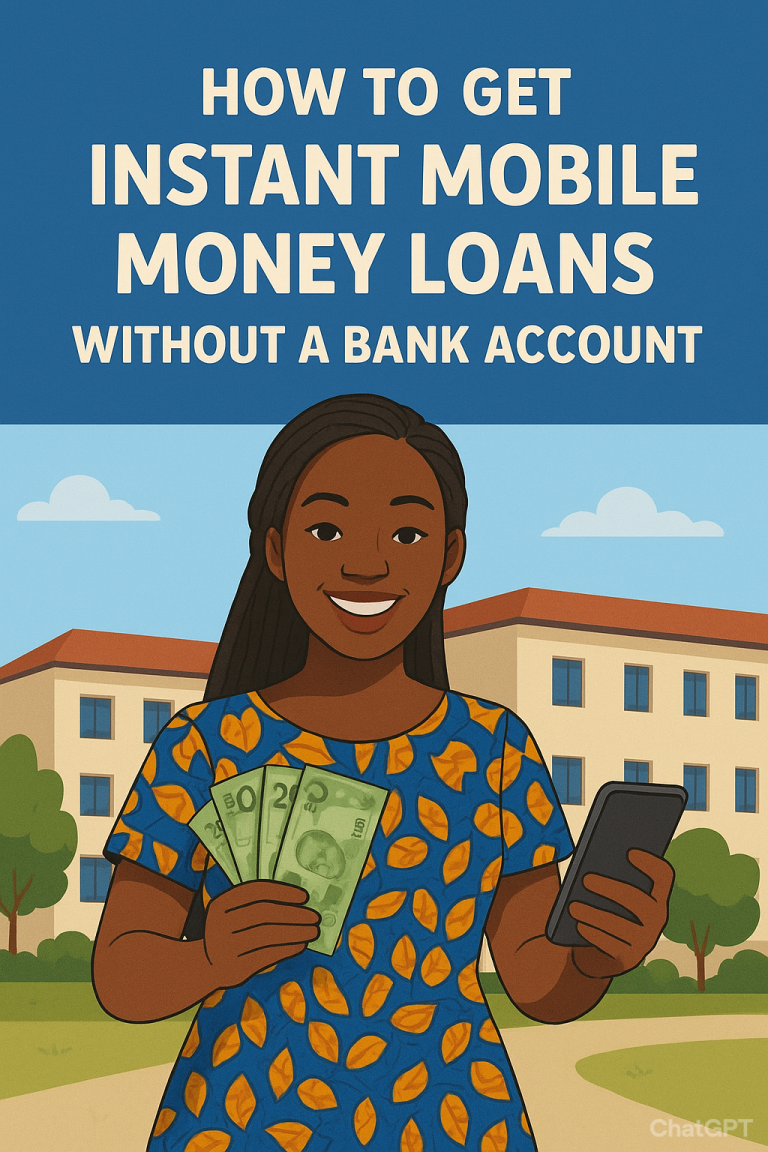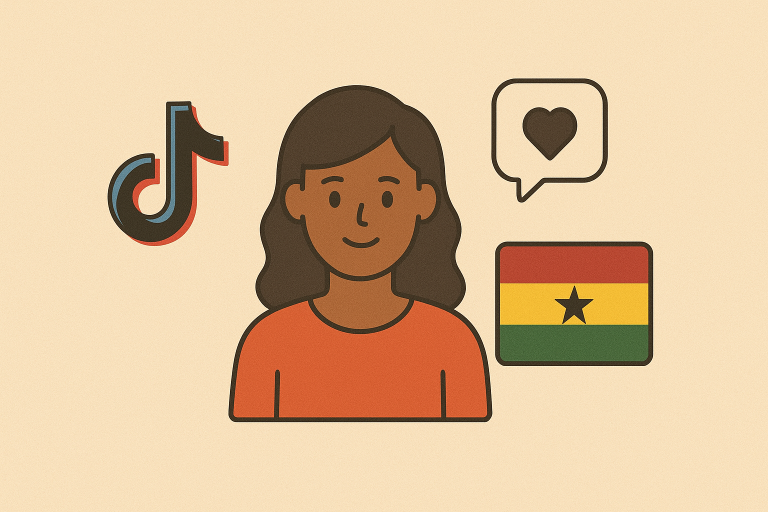How to Apply for Free Government Loans in Ghana: Full Process Explained
Access to free government loans in Ghana and support programs is a lifeline for many Ghanaians. Whether you are a student trying to pay for your education, a small business owner looking to expand, or a farmer aiming to increase productivity, the government offers a variety of schemes to provide financial assistance. In 2025, these programs have become even more structured, with digital platforms and district offices making it easier for people across the country to apply.
But the process can feel overwhelming if you don’t know where to start. This guide explains what free government loans really are, who qualifies, the documents you’ll need, step-by-step instructions for applying, and important tips to ensure you avoid mistakes.
What Are Free Government Loans in Ghana?
Before diving into the details, it’s important to understand what “free government loans in Ghana” mean. Contrary to the name, they are not always completely free handouts. Instead, they often fall into three main categories:
- Soft loans – repayable but with very low interest rates.
- Interest-subsidized loans – where the government covers part of the interest to reduce your burden.
- Grants or funds – which may not require repayment if you meet the conditions.
These schemes are designed to support citizens, especially vulnerable groups like students, small-scale entrepreneurs, and farmers.
Key Government Loan and Support Schemes in Ghana (2025)
The government runs several programs under different ministries and agencies. Each program has its own target group and application process. Here are the main ones available in 2025:
1. Students Loan Trust Fund (SLTF)
The SLTF helps students in accredited tertiary institutions pay tuition and living expenses. Through initiatives like the No-Fees-Stress Fund, first-year students can receive direct support for fees.
2. Microfinance and Small Loans Centre (MASLOC)

MASLOC provides small loans to individuals and groups, especially traders, artisans, and SMEs. It is widely used by market women, transport operators, and rural entrepreneurs.
3. Agribusiness and Farming Subsidy Schemes
For farmers, government-backed programs provide subsidized loans to purchase equipment, seeds, and fertilizers. Some schemes even cover part of the costs to encourage food security and commercial farming.
Who Qualifies for Free Government Loans in Ghana?
Eligibility varies depending on the program, but there are general requirements applicants should know before starting the process. Understanding these conditions ensures that you don’t waste time applying for programs you don’t qualify for.
Common requirements include:
- Nationality: Applicants must be Ghanaian citizens.
- Identification: Valid national identification such as the Ghana Card.
- Education: Students must be admitted into an accredited institution.
- Business registration: Entrepreneurs and SMEs need proof of registration with the Registrar General or a recognized authority.
- Special conditions: Some schemes may require guarantors, collateral, or proof of need.
Documents You’ll Need
Applying for government loans in Ghana is document-driven, so preparing the right paperwork is crucial. Each program has its own requirements, but generally, you’ll need:
- Valid Ghana Card or other accepted national ID.
- Proof of admission for students (admission letter or student ID).
- Business registration certificates for SMEs and agribusinesses.
- Bank account or e-zwich details for disbursement.
- Contact details (phone and email).
- Guarantor or referee details, where required.
Having these documents ready before you apply reduces delays and increases your chances of approval.
Step-by-Step Process to Apply
The process of applying for free government loans in Ghana may differ slightly across programs, but the overall steps are similar. Here’s how it typically works:
- Identify the right scheme – Decide whether you’re applying as a student, entrepreneur, or farmer.
- Check application windows – Many programs only accept applications during set periods.
- Prepare your documents – Make sure all required paperwork is up-to-date.
- Access the application platform – Students usually apply online, while business loans may require visits to district offices.
- Complete the form – Fill in your personal details, business or academic information, and explain why you need the loan.
- Submit and follow up – After applying, monitor your status and respond quickly to requests for more information.
- Receive disbursement – Approved loans are paid directly to your institution, bank, or mobile account, depending on the program.
Special Focus: Students and the No-Fees-Stress Fund
Students face some of the biggest financial hurdles, especially in their first year of tertiary education. To ease this burden, the government introduced the No-Fees-Stress Fund. This program covers tuition and related costs for first-year students in public tertiary schools.
The process is simple: applicants register online, enter their Ghana Card details, admission number, and institution, then upload supporting documents. Once approved, the funds are disbursed directly to the school, ensuring that the student is not left behind due to financial challenges.
Government Loan Application Forms and PDFs
To make the process easier, many government schemes now provide downloadable PDF forms. These can be filled online or printed for submission at district offices. For example, SLTF and MASLOC regularly publish forms during their application cycles.
This system helps applicants prepare in advance, especially those in rural areas with limited internet access. Having the form beforehand allows you to gather all required information before the actual submission.
Regional Access Points for Applications
While online portals are increasingly popular, physical offices remain important. Here’s where you can usually access applications across Ghana:
- Accra (Greater Accra Region): Head offices of most agencies, including SLTF and MASLOC.
- Regional capitals: Offices in Kumasi, Tamale, Takoradi, Sunyani, Ho, and Cape Coast handle applications.
- District assemblies: Many MASLOC loans are applied for through local assemblies or district branches.
- University campuses: Student loan desks often help with SLTF registrations.
This ensures that even people in rural or remote areas have access to government loan programs.
Things to Watch Out For
While government loans are genuine, applicants need to be cautious. Many scams exist where individuals pretend to represent agencies. To stay safe, consider the following:
- Avoid unofficial payments: No genuine loan program requires upfront bribes.
- Check official sources: Only apply through recognized portals or offices.
- Confirm repayment terms: Understand whether the loan is repayable or a grant.
- Keep records: Always keep copies of forms, receipts, and correspondence.
By being vigilant, you’ll avoid losing money to fraudsters while securing real government assistance.
Conclusion

Applying for free government loans in Ghana in 2025 is more streamlined than ever. From student loan programs to MASLOC support for traders and agricultural subsidies for farmers, there are options for everyone. The key is to understand which program fits your needs, gather the right documents, and apply through official channels.
At Crescita Solutions, we help individuals and businesses in Ghana take full advantage of such opportunities. Whether it’s accessing financial support, developing business strategies, or building digital solutions, we are here to help you grow. Let us partner with you today to unlock the benefits of government-backed programs and transform your goals into achievements.







